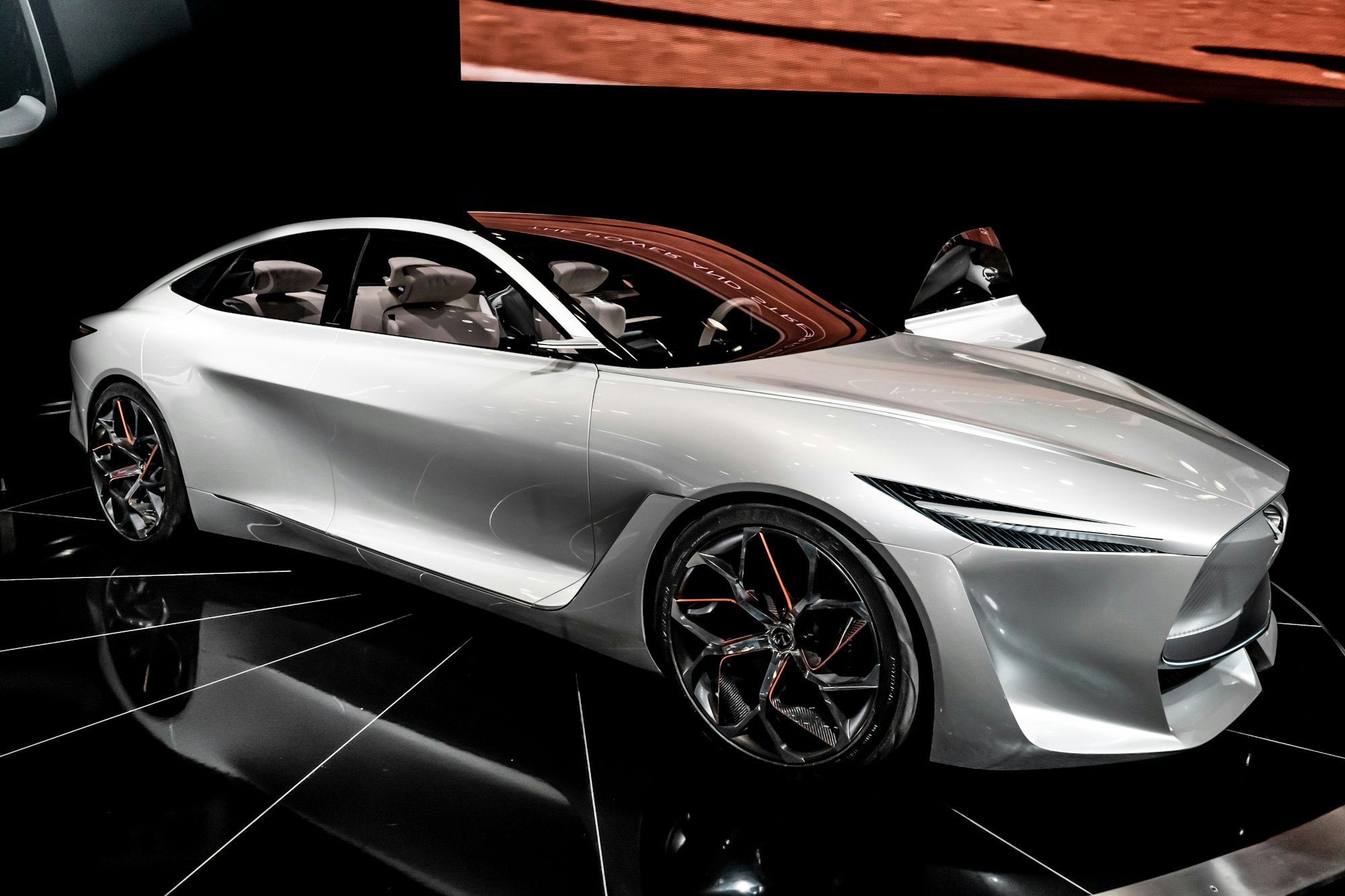Electric Cars the Future of The Auto Industry


Nearly every automaker is planning on releasing at least one battery-powered model in the coming years. As technology advances, electric cars will become faster, they’ll offer more range, and they’ll put better technology at your fingertips. EV markets are on the rise, the world has seen the benefits of going electric, with UK saying it will go fully electric by 2035. More car automakers are coming up with their EVs, this is a win for the environment we all need clean air and silent streets. Right?
Electric mobility gives car designers more creativity compared to the combustion cars. Most analysts seem to be saying that this progressive shift to electricity is an intermediate stage in the transition to a model of mobility as a service based on self-driving vehicles and robot axis.
Volvo’s has announced that it will start selling Lidar-equipped autonomous vehicles from 2022. The idea is that more and more of us will prefer to use such services rather than own an underused asset. If the recent pandemic has made one thing clear, it is the potential of the autonomous vehicle.
Owning an EV you must have a garage where you can be able to recharge your car, an electric vehicle is not an attractive proposition, which fits in with the plans of growing numbers of cities, which are saying they want to free up on space on their streets post pandemic, questioning the appropriation of public space by private vehicles for parking. Just think how much better life would be if, instead of our streets being lined with unsightly rows of cars, we had room for wider sidewalks, bicycle lanes, public transport or loading and unloading areas.
The growth of EVs will also demand for more power, which may create problems for balancing and even running the power grid, especially given that peak EV charging times coincide with peak-heating demand. There are other mobility options too, including improved public transport with trains, buses and trams, that are powered with green electricity or hydrogen. This might be seen as more socially and environmentally beneficial, together with the overall need to reduce demand for travelling.




